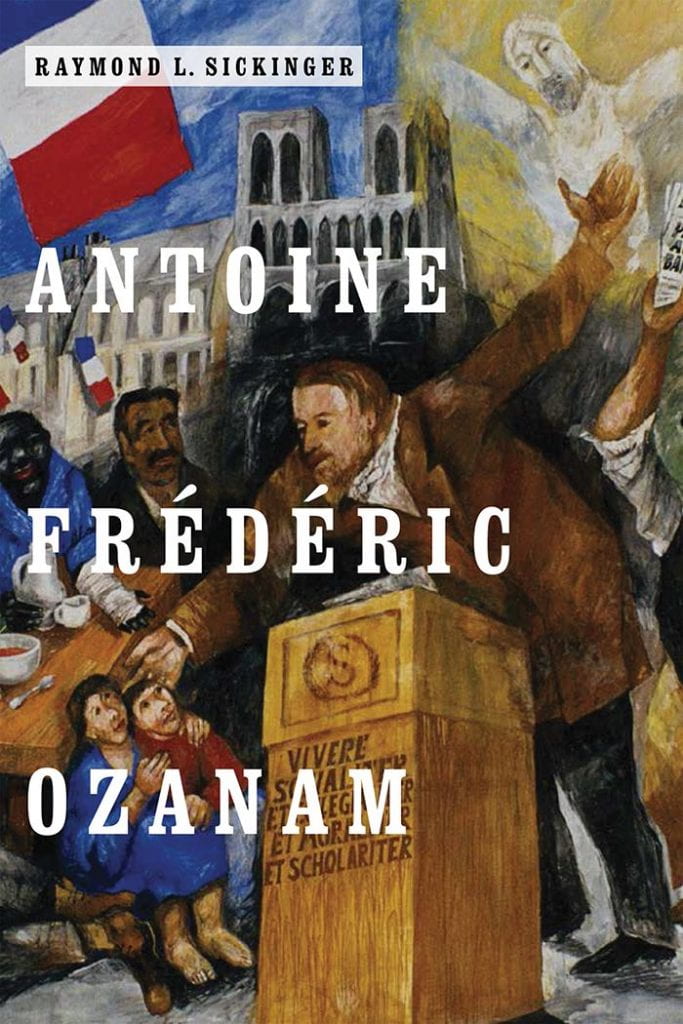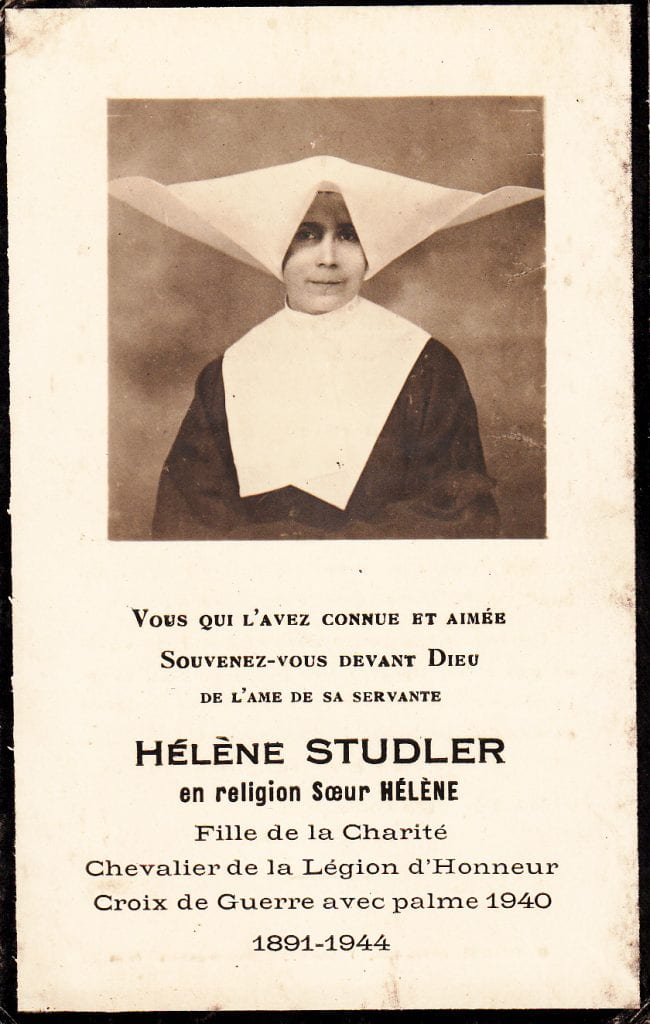By: Olivia Hollman
Alright, Olivia. What are you doing here? Don’t you know that those are the two things you should avoid talking about? For 21 years you’ve avoided talking too passionately about or taking too much of a stand. Why change that now? Because it’s been 21 years and I need to stand up for something; I can’t keep on “going with the flow”, acting like a coward. So here we go.
My life started in the red state of Arkansas and I have been raised in a conservative, Catholic family. In 2005, my family moved to the blue state of Illinois, but anyone who knows the political climate of the state knows that it’s only blue because of Chicago. A rural city in southern Illinois definitely falls within the red realm of the state. Having no interest in politics and developing my own opinions, I went along with my family’s conservative views. Liberalism and the Democratic party had it wrong and that was all I needed to know.
The stage is now set for my transition to college at the largest Catholic university in the nation in a very diverse, liberal, Democratic city.
I found myself no longer living in a mostly white, Christian, heteronormative, conservative small town. I began to encounter races, cultures, faiths, beliefs, sexual orientations, gender identities, and values different than my own. In the beginning, I thought “Wow. Look at how my worldview has broadened because I’ve seen people different than me.” And that is where the “experience” ended.
As I began to see my friends and people close to me taking stances on issues, I started asking myself what I believed and what I stood for. This has been something I’ve shaped over the past 3 years (and will continue to shape) due to my friends’ views, faiths, expressions of Catholicism, conversations around events on campus, and my Vincentian education.
So what do I believe? What do I stand for?
I believe:
in one God.
nutrient-rich food and clean drinking water are basic human rights.
society needs to stop sexualizing women.
that just because you’re white, doesn’t mean you’re right.
it is not enough just to do something, it must be done well.
love is for everyone and heteronormative and non-heteronormative commitments to love should be universally accepted.
a country founded on the principle of religious freedom that calls itself a “melting pot” cannot choose which religions to grant freedom or which races to accept.
everyone should have access to shelter, especially from inclement weather and harsh climates.
one doesn’t need to follow Jesus “to be saved”.
I am not persecuted or discriminated against because I am Christian.
the death penalty, abortion, and euthanasia are fundamentally wrong because human life is sacred.
I have privilege because I am white and the “accepted racial majority”.
Vincentian simplicity (transparency) is important in relationships—work, friends, significant others, etc.
gender is not a “male or female”, black and white identity.
as human beings, we have a responsibility to address the needs of our fellow humans.
Jesus’ resurrected, spiritual body and blood are actually present in the Eucharist.
all lives matter, but not all lives are respected, honored, and valued, which is why movements like Black Lives Matter is necessary and crucial.
I must use my privilege to fight for and stand up for those who do not have the benefit of privilege.
sexual assault and rape are not the fault of the victim.
everyone should have access to higher education, regardless of race, gender, religion, sexual orientation or financial status.
free speech does not encompass hate speech; if it disrespects the life of someone else, you should not have the right to say it.
people don’t “choose” their gender to “act out”, but choose to live out their authentic gender expression.
the Catholic Church is not universally “female or noncisgender friendly”.
everyone should have access to affordable healthcare.
everything can be prayer.
sexual orientation is not just classified by “heterosexual” and there is no “wrong” orientation.
These are absolute truths for me; I firmly believe there are no universal absolute truths. This is also not a complete, static list. It’s going to be changed and edited as I grow and my beliefs and values evolve. But for now, this helps me know who I am—A liberal Catholic firmly rooted in the Vincentian spirit. Who are you? What do you believe?


